Now that the 21st Century Spielberg column/podcast has come to a close (at least until West Side Story arrives in December 2021), it’s time to look back at Steven Spielberg‘s films from the 2000s and 2010s and see how they all stack up. Overall, the 21st century has produced some of Spielberg’s most interesting, challenging, and rewarding work – but not all of it worked.
14. Ready Player One
Not only is Ready Player One Spielberg’s worst 21st-century offering, but it’s also quite possibly the worst movie he’s ever made. A loud, aggressively stupid film with next to no humanity, Ready Player One allows Spielberg to play around with cool special effects but lacks the heart and soul he usually adds to such technical experiments. Ready Player One gave Spielberg another blockbuster to add to his name, but it also took him away from the better, more adult-driven work he had been churning out in the 2000s and 2010s.
13. Indiana Jones and the Kingdom of the Crystal Skull
The bastard stepchild of the Indiana Jones franchise, Indiana Jones and the Kingdom of the Crystal Skull is not as bad as its reputation suggests. But it’s not exactly good, either. Harrison Ford never misses a step as the older Indy, and some of the set-pieces Speilberg stages here are thrilling and exciting. But the script – cobbled together from various, better drafts – is a mess, and a host of digitally-enhanced effects takes away from the old school pulpy charm of the practical-effects-heavy previous films.
12. The BFG
A sweet, charming, funny little fairy tale that sadly lacks substance. Just as digital as Ready Player One, but with a lot more heart, The BFG is Spielberg in Hook-mode, for better or worse. While this is by no means a bad movie, it is sadly forgettable – something that doesn’t happen that often with a Spielberg film. By sticking so close to Roald Dahl’s book, Melissa Mathison‘s script is hampered by a light, fleeting narrative that leaves our minds the minute the credits start to roll.
11. The Terminal
Often chalked-up as little more than Spielberg-lite, The Terminal deserves reappraisal. Tom Hanks is wonderful as an immigrant stuck in an airport, and while the film operates in a world that feels too optimistic when compared to our own, The Terminal still allows Spielberg to get creative. The airport Hanks occupies here was built from scratch but always feels like a real, bustling, humanity-filled place.
10. The Adventures of Tintin
Indiana Jones and the Kingdom of the Crystal Skull may have been a disappointment, but Spielberg did manage to create another rollicking, pulpy adventure movie in the 21st century with The Adventures of Tintin. A whiz-bang adventure done in motion-capture, the animated nature of Tintin allowed Spielberg the freedom to go absolutely wild, gleefully creating shots and sequences that could never be realized in live-action.
9. War Horse
A sweeping, old school drama that wears its heart on its sleeve, War Horse is an episodic but great Spielberg entry that allows the filmmaker to embrace classic melodrama. Various World War I stories are told through the eyes of a horse, and while such an idea could’ve become something cloying, War Horse succeeds and excels. Not in spite of its sentimentality, but because of it. Even against the hellish backdrop of war, Spielberg is looking for rays of hope.
8. The Post
Spielberg primarily makes movies about men, but The Post proves he can also tackle a female-driven story. While The Post is loaded with actors, it’s Meryl Streep as Washington Post owner Katharine Graham who drives the whole story. It’s through Graham’s eye that we follow the story of the publishing of the Pentagon Papers, as she goes from the only female face in a room and to afraid to speak-up to making a huge, potentially disastrous, but ultimately correct decision that has the power to change history. Arriving in the midst of the Trump administration’s war on journalisms, The Post is Spielberg’s rousing love-letter to a free press.
7. War of the Worlds
Steven Spielberg grafts the horrors of 9/11 onto H.G. Wells’ classic alien invasion tale with War of the Worlds, resulting in a horrifying, pulse-pounding nightmare. Spielberg has mastered the art of milking fun out of tense situations, but none of the action in War of the Worlds is fun – it’s terrifying and relentless. Bad dad Tom Cruise has to get his estranged kids to safety as all hell breaks loose, cities crumble, and bodies go up in smoke. It’s one of Spielberg’s most chilling blockbusters.
6. Bridge of Spies
Spielberg teamed up with the Coen Brothers for Bridge of Spies, a funny, meticulously crafted blend of dark comedy and spycraft (and of course, doing the right thing, even if it’s difficult – something Spielberg’s 21st-century filmography was obsessed with). Tom Hanks is a lawyer who gets drafted into defending a Russian spy, played masterfully by Mark Rylance. The gig eventually leads Hanks’ character to Berlin just as the Berlin Wall is starting to go up, all with the hopes of freeing Americans captured by the Soviets. Spielberg keeps the movie flowing, with Hanks going from one memorable location and character to the next, always striving to do whatever he must to save the day, and some lives. It’s big, booming stuff, with Hanks championing the U.S. Constitution even while the U.S. powers-that-be would like him to stop.
5. A.I.: Artificial Intelligence
Stanley Kubrick and Spielberg went back and forth for years on A.I.: Artificial Intelligence, with Kubrick initially planning on helming before deciding he should hand the project over to Spielberg. Spielberg, for his part, insisted Kubrick stick with it. But Kubrick died before the film could ever be made, which lead Spielberg to finally taking over. A.I. became Spielberg’s intro into the 21st century – a film that would give us a hint of what he had in store for us in the 2000s and beyond. It allowed him to combine his blockbuster sensibility with Kubrick’s darker, more neurotic themes, resulting in a challenging, often bleak picture that has only gotten better with age.
4. Minority Report
Thrilling and unique, Minority Report had Spielberg more or less predicting the end of privacy as we knew it in the wake of 9/11 and the birth of the Patriot Act, telling the story of an oppressive government program that arrests people for crimes they’ve only thought about, not actually carried out. Relentless in its pacing and featuring one of the very best performances ever in a Spielberg movie (from Samantha Morton, playing a “pre-cog” who can see into the future), Minority Report is another example of Spielberg having his cake and eating it too – creating a challenging story that still has the power to entertain the masses.
3. Catch Me If You Can
Spielberg doesn’t need big spectacle to go wild and have fun. Case in point: Catch Me If You Can has big stars like Leonardo DiCaprio and Tom Hanks, and it tells a sprawling story, but it’s not exactly a big movie. It’s more of a character study, and it allows Spielberg to generate great little set pieces where the camera is always moving, always tracking young con-man Frank Abagnale. If any other filmmaker had made something like this we’d never stop singing its praises, but because it’s Spielberg, and because we’ve come to expect great stuff from him, it’s easy to (almost) take Catch me If You Can for granted. Almost.
2. Lincoln
A rousing historical drama that seems to feature pretty much every modern character actor you can think of, Lincoln has Spielberg taking the saintly, revered figure of Abraham Lincoln and making him human again. Daniel Day-Lewis‘ performance is one for the history books, not so much playing Lincoln as embodying him. And Tony Kushner‘s sharp, surprisingly funny script avoids biopic cliches by zeroing in on a particular time in Lincoln’s life.
1. Munich
Not just Spielberg’s best 21st century movie, but honest to gosh the best film Spielberg has ever made, Munich is Spielberg at his most challenging. Using the formula of a spy thriller, Munich (Spielberg’s other team-up with screenwriter Tony Kushner) has the filmmaker telling a highly-charged story of Mossad agents tracking down Palestinian terrorists who were involved with the massacre of the members of the Israeli Olympic team during the 1972 Summer Olympics in Munich. Spielberg and Kushner dare to humanize everyone here – a decision that lead Spielberg to be criticized for being too sympathetic to terrorists, a charge that’s laughable if you actually watch the movie. “The movie offers a forum – there are some people in the Jewish community who don’t think it was appropriate to have given a position on, or even a scene to explore, the Palestinian character,” Spielberg said. “But Tony and I thought it was very, very important. There’s been a quagmire of blood for blood for many decades in the region. And where does it end? How does it end? This movie is a prayer for peace.”
The post 21st Century Spielberg Ranked From Worst to Best appeared first on /Film.
from /Film https://ift.tt/2L6GoLH
via IFTTT
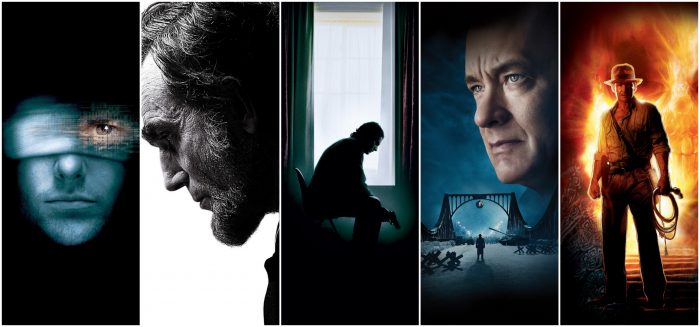
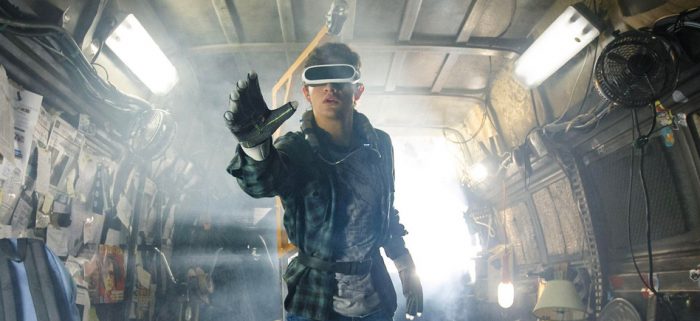
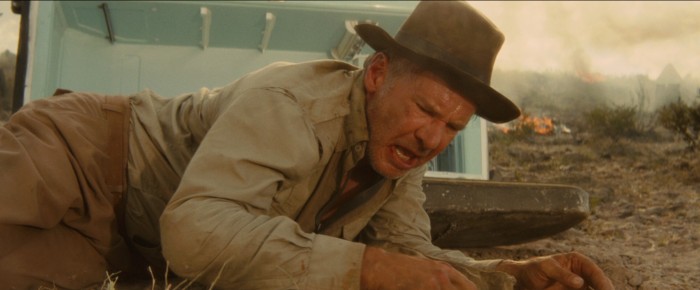
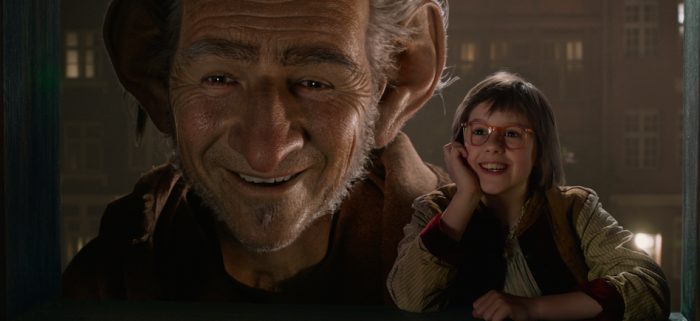
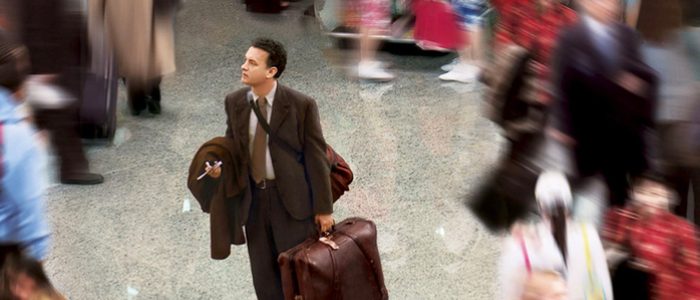
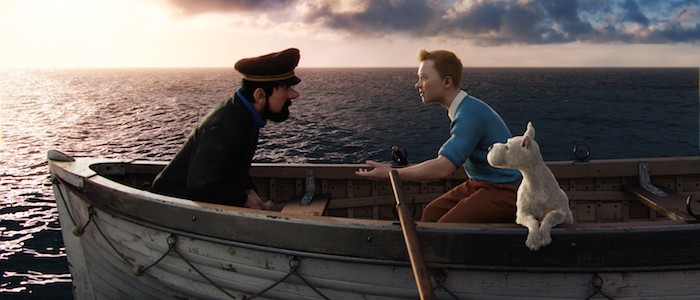
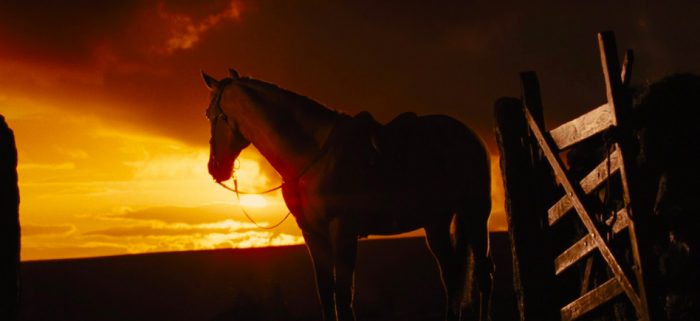
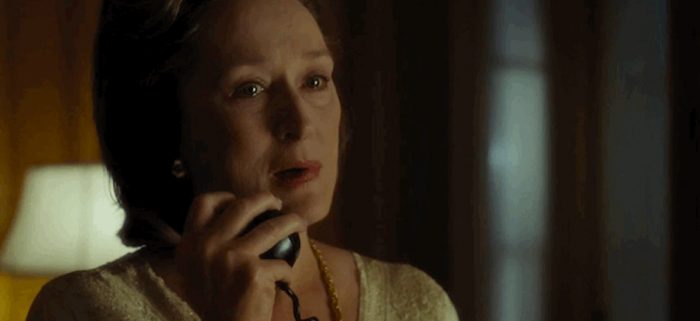
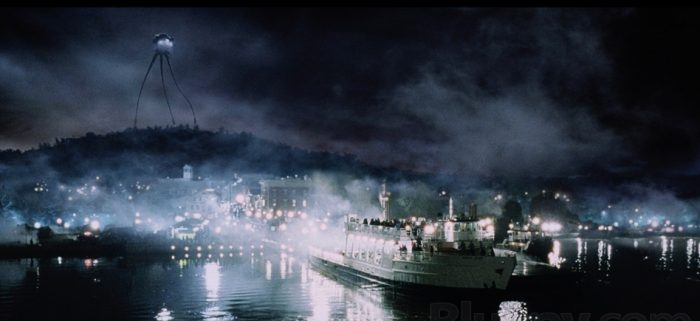
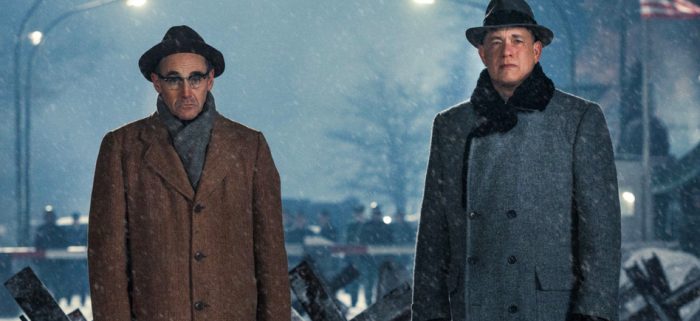
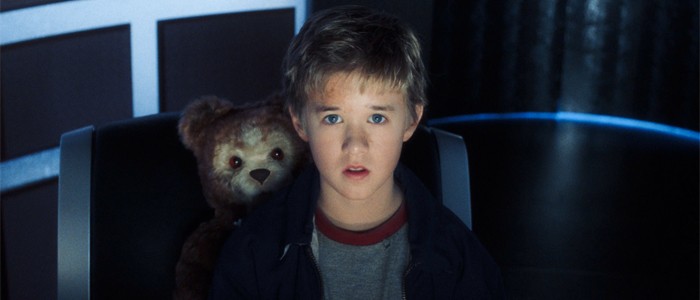
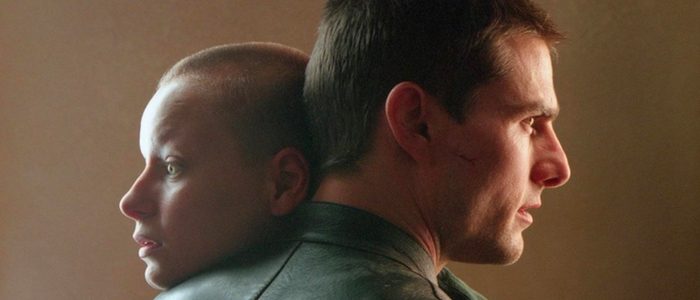
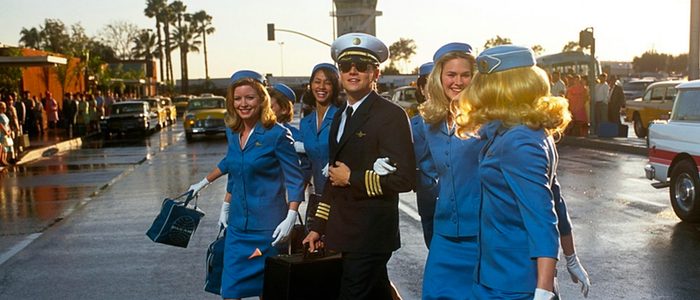
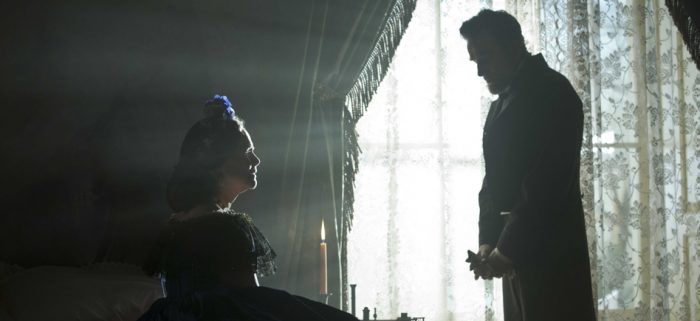
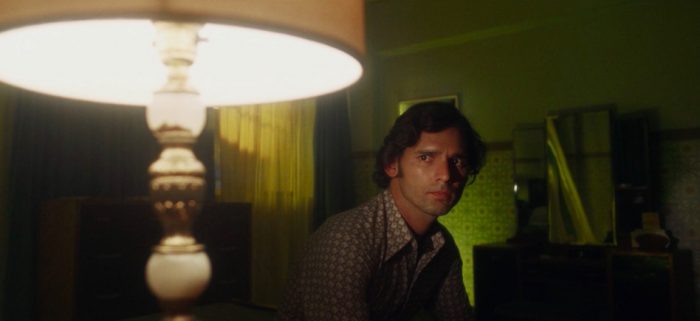
Comments
Post a Comment